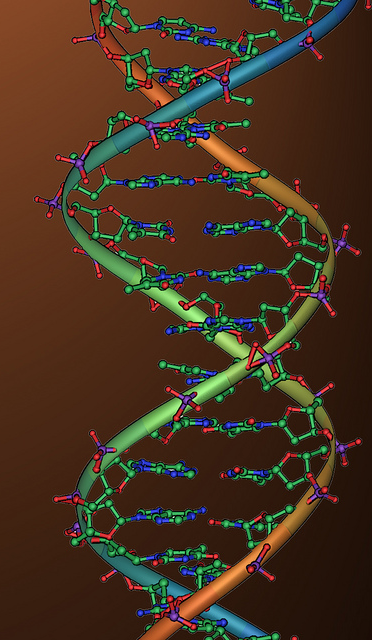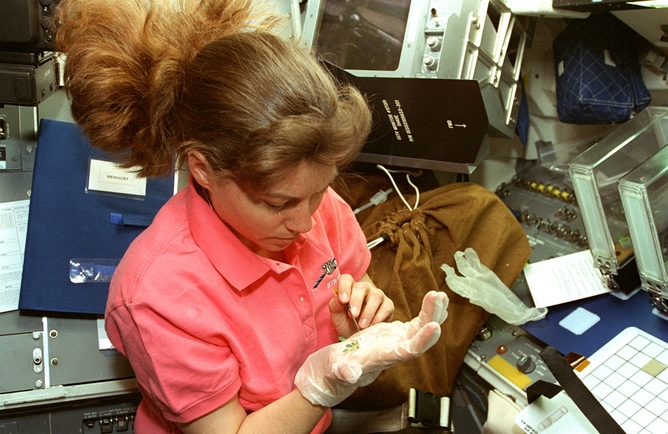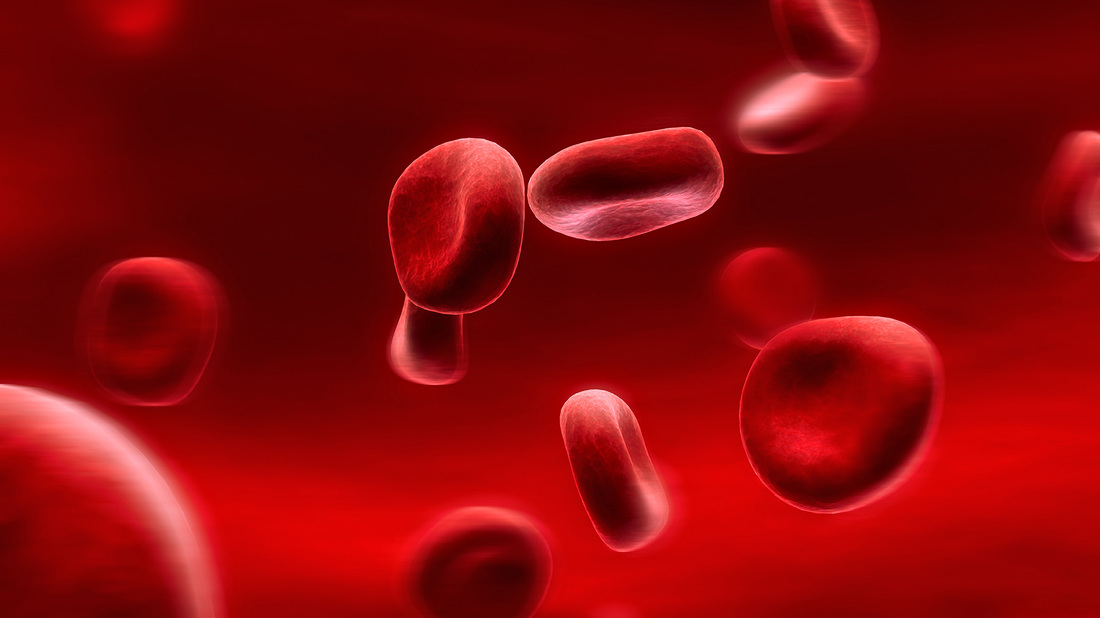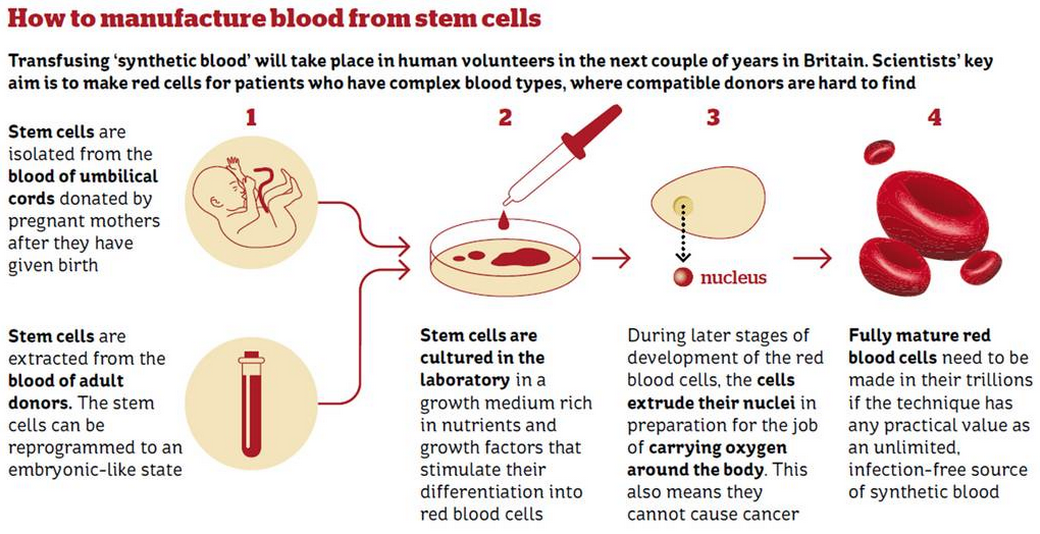|
"The capacity of our digital storage devices has skyrocketed in recent years. But there’s one storage medium that still kicks the crap out of our state-of-the-art solid state, and humans didn’t invent it. It’s called DNA.
A team of scientists is trying to figure out whether the double-helix molecules that encode every plant, animal and microbe on planet Earth can be used to..." Read more @ Gizmodo "Gravity is a constant for all organisms on Earth. It acts on every aspect of our physiology, behavior and development – no matter what you are, you evolved in an environment where gravity roots us firmly to the ground.
But what happens if you’re removed from that familiar environment and placed into a situation outside your evolutionary experience? That’s exactly the question we ask every day of the plants we grow in our laboratory. They start out here in our earthbound lab, but they’re on their way to outer space. What could be a more novel environment for a plant than the zero-gravity conditions of spaceflight?..." Read more @ The Conversation Imagine a world when we will no longer worry about blood supply - especially in emergency transfusions and/during catastrophic events.
----- "The first attempt at giving human volunteers “synthetic blood” made in a laboratory for the first time will take place within the next two years, the NHS has announced. A long-awaited clinical trial of artificial red blood cells will occur before 2017, NHS scientists said. The blood is made from stem cells extracted from either the umbilical cord blood of newborn babies or the blood of adult donors. The trial, thought to be a world first, will involve small transfusions of a few teaspoons of synthetic blood to test for..." Read more @ The Independent |
Shared ThoughtsTogether, as learners in the education space, we would like to share a selection of what we read and reflect on internally. Categories
All
Archives
January 2016
|
Milpitas Unified School District
|
|





 RSS Feed
RSS Feed
